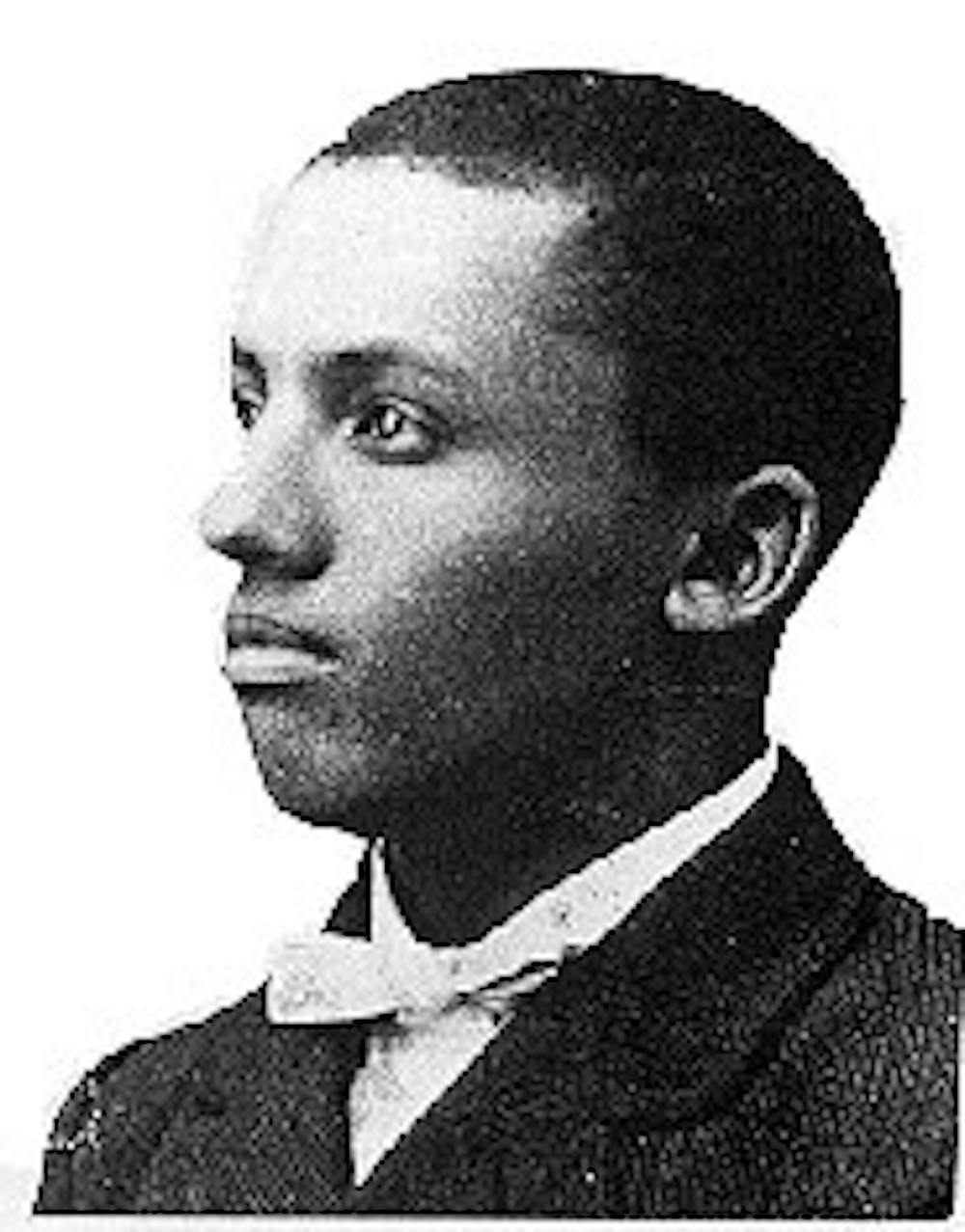There is a wide variety of enlightening courses to take in the Department of African American Studies as well as courses in other departments related to black history. Unfortunately, many students will leave the University after four years without having taken a single one. As such, requiring African American Studies in all colleges — especially at predominantly white institutions — is necessary. Because there is so much for students to take away from these classes that they cannot get elsewhere, African-American Studies courses should not only be encouraged, but required.
Racism is a crucial factor. Although requiring students to take courses in African-American Studies would not eliminate the issue of racism, it would encourage different perspectives and outlooks. Important aspects of African-American history have been met with racism. Racism has been labeled by many as a learned behavior, so the only way to correct it is through education. Some of the negative stereotypes which have labeled the black community only continue to exist because of ignorance. It is important that we attempt to break these stereotypes. While this educational process is not necessarily the solution, it will most certainly help.
African-American Studies courses ultimately express the achievement of the black community in the face of a fight against oppression. It is imperative that we educate ourselves and learn to appreciate our own history — in doing so, we will better know how to deal with both traumatic events like those of Aug. 11 and 12 and smaller-scale issues our community is faced with on a daily basis. We must know our history in order to prepare for the future, as we cannot learn to appreciate something we know nothing about. Without black history, American history is incomplete.
Another reason African-American Studies should be required in college curriculums — especially pertaining to predominantly white institutions — is because it may impact students’ views and respect of other cultures. Increased exposure can lend different attitudes, opinions and ultimately more openness to differences, rather than purposeless subjugation. Although attempts are made to establish it as such, America is not monocultural, and neither is this University.
Requiring African-American Studies would largely benefit groups of students outside of the black community. Many think that because it is labeled “African-American Studies,” this curricula is relevant only to black students. When there are classrooms full of black students taking these courses, non-black students are often reproved and looked at differently for wanting to take them. Some label those as the “woke” students, while others question whether or not this is a genuine willingness to both learn about and appreciate the subject. It is pleasing to see that more than just black students are disposed to taking courses in African-American Studies because we are not the only ones who can benefit from them.
I appreciate the number of interesting courses on African-American studies the University has integrated into its curriculum so far, and more and more students are choosing this as a major. Two courses I have taken are “Black Masculinities and Femininities in the U.S. Media” and “African-American Theatre.” These courses have been extremely enlightening. “Black Masculinities and Femininities in the U.S. Media” reinforces the role of the media in the portrayal of African Americans, both negatively and positively. We discussed many of the modern negative stereotypes that have been imposed upon the Black community, and how these stereotypes are perpetuated in society. I strongly encourage students to take this class. Although “African-American Theatre” is not officially labeled an African-American Studies course, it has taught me that there is no one way to define the black experience, and that every aspect of our culture is a unique contribution to our society. We also discuss some of the negative stereotypes associated with the black community. This is very relevant to black students at the University because of our different backgrounds, opinions, experiences and stories.
Because schools have gotten so accustomed to teaching from a widely Eurocentric perspective, students miss out on some extremely vital information. I was especially naïve when I began my first year here. I was shocked when I realized I knew a lot less than I presumed I did. I found out that the history I was taught in school was based on hypocrisy, and that one of the biggest hypocrites in American history laid the foundations of this University. Though we know how difficult it is to be black and a minority at a predominantly white institution, it should not deter us. Incorporating African-American Studies courses into predominantly white institutions as a requirement for all students would be a great asset to not solely the black community, but all students. Concerning the University, African-American Studies should be like any other requirement in the College. Incorporating the Carter G. Woodson Institute of African-American Studies into the College of Arts and Sciences 36 years ago was a monumental step forward, and integrating these courses into the normal curriculum would be a phenomenal next step.
LaMaria Glass is a second-year College student and member of BSA’s Political Action Committee. This column is part of a bi-weekly series by the Black Student Alliance called “What’s the Word?”







